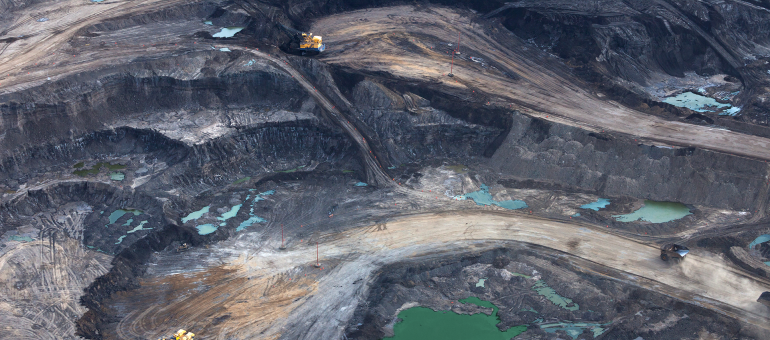In the fervor for lithium extraction across Africa, investigations have unveiled a darker side to the green energy revolution, with potential ramifications for local communities and the environment. Kate Hairsine, reporting for Deutsche Welle, sheds light on the risks of corruption and exploitation associated with the lithium rush.
Read More: Google Maps Alters Routes in South Africa Amid Safety Concerns
At a lithium mine in Namibia operated by a Chinese company, disconcerting revelations about the living conditions and safety hazards faced by local workers have come to the forefront. The miners reportedly reside in cramped, poorly ventilated zinc shacks without adequate facilities, a stark contrast to the better accommodations enjoyed by their Chinese counterparts. The mining company is further accused of neglecting safety measures and exploiting small-scale licenses to sidestep regulations.
This alarming scenario is not an isolated incident but rather part of a broader, troubling trend witnessed across various lithium mines in Africa. Investigations, including a report by Global Witness, highlight a disturbing pattern of human rights abuses, corruption, and community displacement, with historical evidence suggesting that local communities often do not reap the benefits of mining profits.
The Global Witness report extensively documents instances of human rights abuses, corruption, displacement, and unsafe working practices in lithium mines in countries such as the Democratic Republic of the Congo and Zimbabwe. This trend is particularly concerning as the demand for lithium is anticipated to soar in the years ahead.
Read More: EU Approves Online Application Procedure for Schengen Visas
While many African nations eagerly embrace the potential economic benefits of the lithium rush, the risks associated with corruption and the exploitation of local communities loom large. The need for a balanced approach that considers both economic gains and environmental and social responsibility becomes increasingly apparent.
